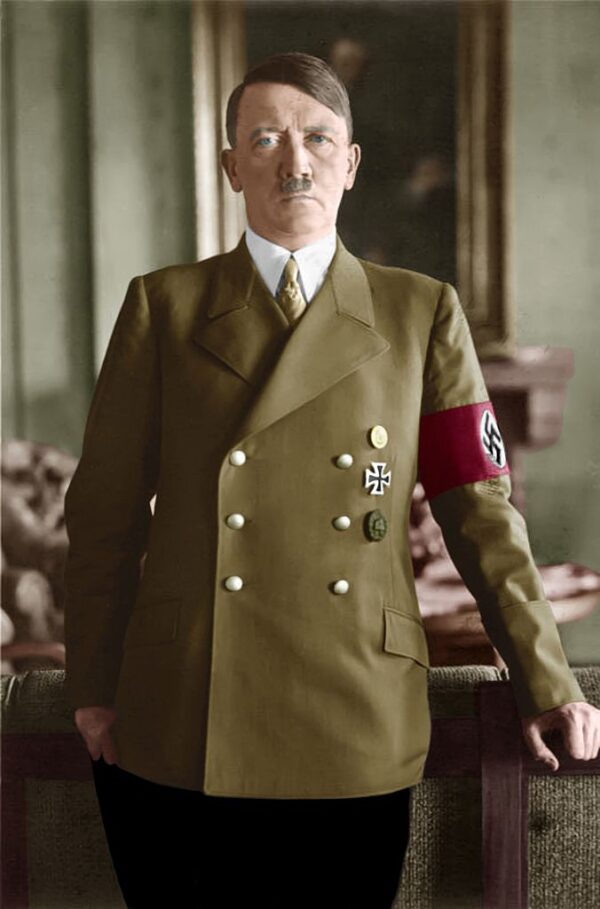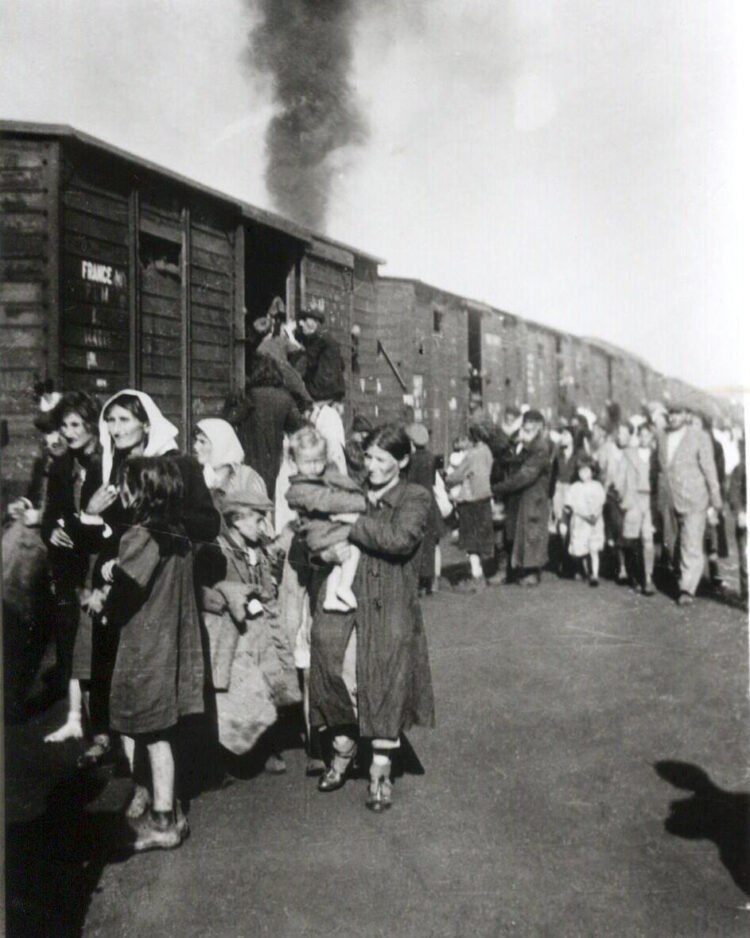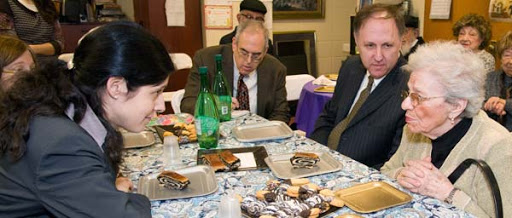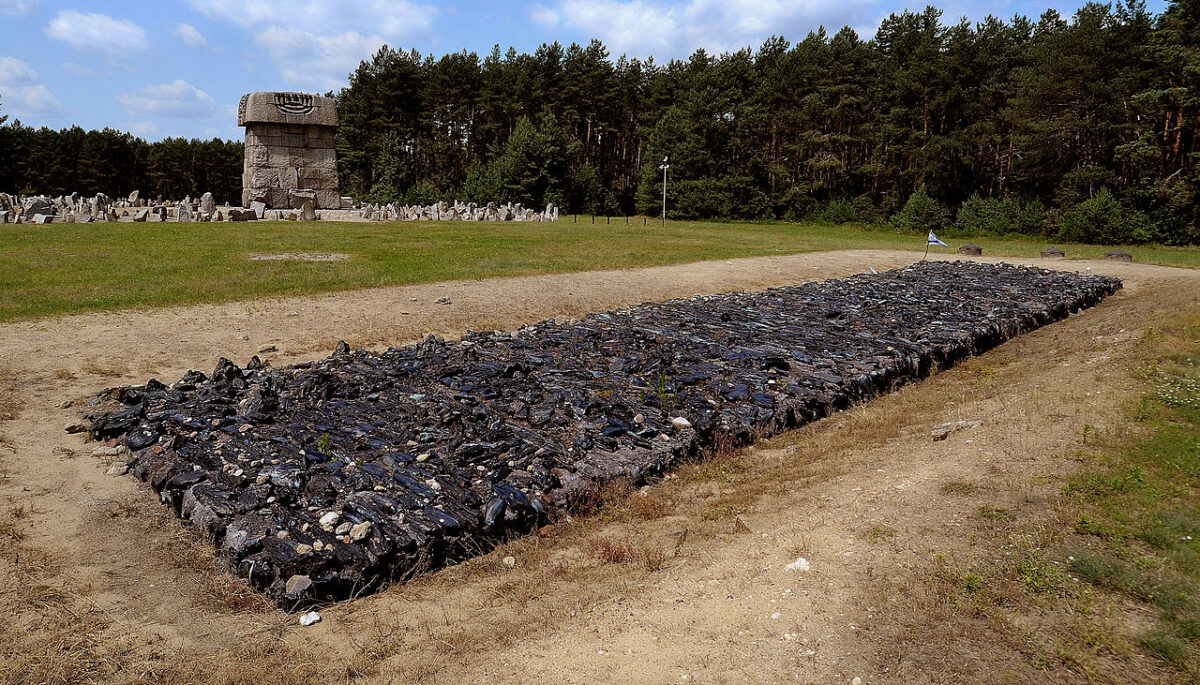Six months ago, the Conference of Jewish Material Claims Against Germany, otherwise known as the Claims Conference — a sponsor of Holocaust education programs and a coordinator of restitution payments to survivors — conducted a survey to gauge the level of Holocaust knowledge among Americans from age 18 to 39.
One thousand respondents from all 50 U.S. states participated. The survey, released earlier this month, should generally be a cause for concern.
The good news first.
More than 75 percent of the respondents had heard of the Holocaust, 86 percent knew that its primary victims had been Jews, and 70 percent were aware that Germany’s former chancellor, Adolf Hitler, had ordered the mass murder of European Jews.

Considering that most people regard history indifferently, this relatively high degree of recognition of historical facts was encouraging. It was an indication that the crime of the 20th century, the Nazi genocidal onslaught against Jews, has burned itself into the consciousness of Millennials and Generation Z, at least superficially.
This is due to a number of interlocking factors, ranging from the sheer scale of the Holocaust to its depiction in an interminable array of newspaper and magazine articles, books, movies and television shows.
The results in the survey, however, were also a source of disappointment.
Eleven percent of the respondents blamed Jews for the Holocaust, 15 percent thought it was a myth or has been blown out of proportion, and 20 percent claimed it is discussed far too often.
In plain language, almost half of the respondents hold alarming and disquieting views about the Holocaust, which claimed the lives of six million Jews throughout Nazi-occupied Europe.
Yet this was not the only bad news.
In New York, the state with the largest Jewish population in the United States, the level of knowledge about the Holocaust was abysmally low. The majority of respondents were unable to name a single German concentration camp, like Treblinka, or a Nazi ghetto, such as Lodz.

More ominously, 28 percent said they believed the Holocaust was a myth or exaggeration.
These unsettling views cannot be considered totally surprising, given that nearly 50 percent of the respondents admitted they had read Holocaust denial material on the internet. Obviously, these malicious deniers have made a dreadful impact on an impressionable segment of the American population.
Greg Schneider, the executive vice-president of the Claims Conference, was understandably disappointed by some of the results.

“Not only was their overall lack of Holocaust knowledge troubling,” he said, “but combined with the number of Millennials and Gen Z who have seen Holocaust denial on social media, it is clear that we must fight this distortion of history and do all we can to ensure that the social media giants stop allowing this harmful content on their platforms.”
He was referring, of course, to conglomerates like Facebook, which, inexplicably, have trouble distinguishing between legitimate information and Holocaust denial, a form of antisemitism which instills racial hatred and incites violence.
Unless there is a significant change in attitude and policy on the part of Facebook and similar companies, future surveys on the Holocaust probably will yield more or less the same result as the survey just released by the Claims Conference.
This would be most unfortunate.
